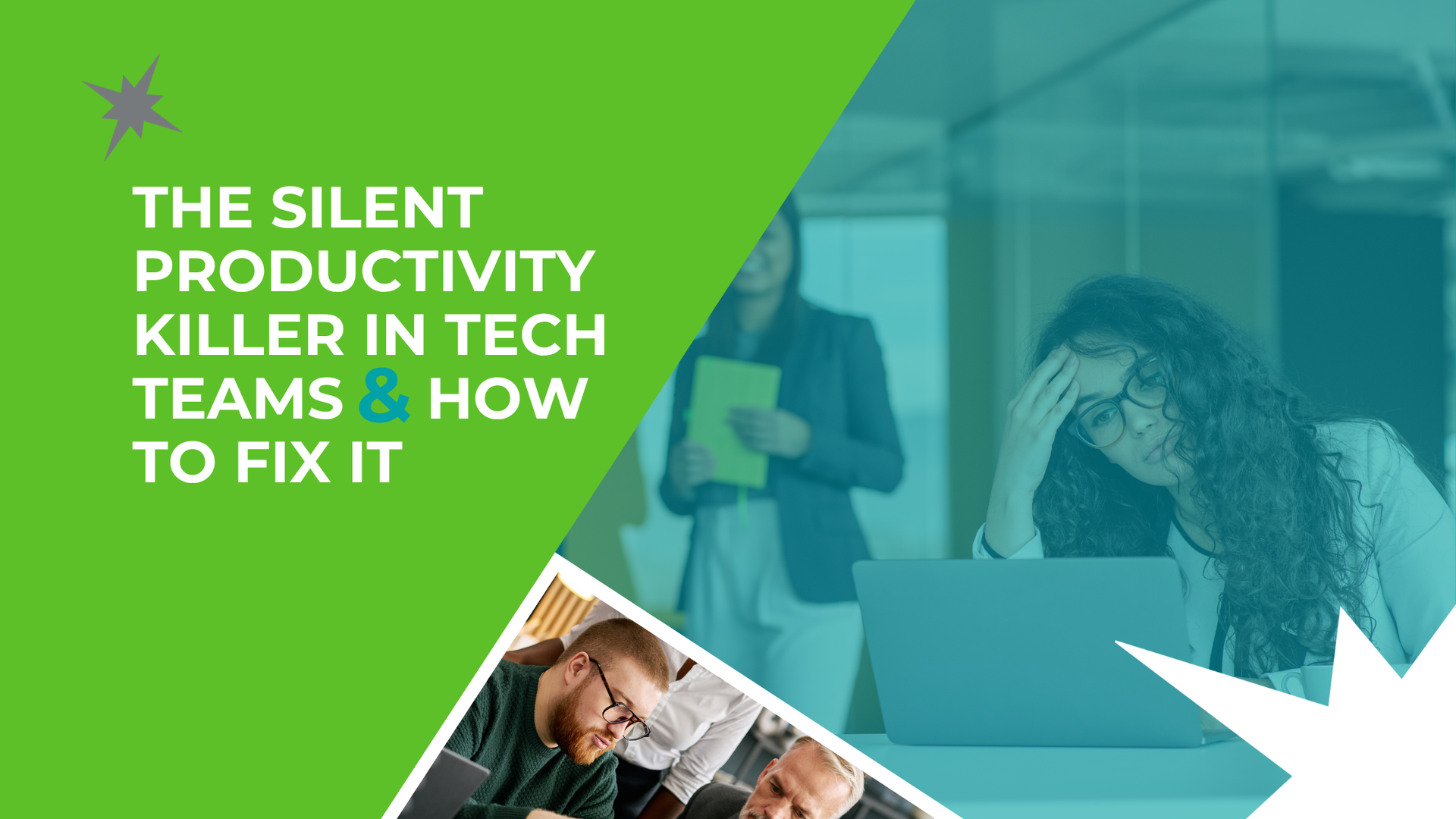News & Insights
< Back to Blogs
Four Mistakes That Could Cost You a Job Offer

You’ve been through the interview process and all the signs are pointing towards an incoming job offer; however, don’t get too carried away just yet. There are still various circumstances that could have an impact upon the final decision. Mistakes in the recruitment process happen more often than you would think, but with proper preparation you can steer clear of these situations.
Taking Salary Negotiations Too Far
Negotiation is a natural part of the IT hiring process that some people shy away from because they are too afraid to ask for what they deserve. However, it’s important not to take it too far either and shoot yourself in the foot in the process.
Do your market research and know your value before stepping up to talk numbers. Take the time beforehand to understand the going rate in the IT industry for someone with your skill level and experience. If you’re applying through a specialist recruitment agency, they should have already discussed the employer’s salary range, and then represented you in line with your skills and expectations. This leaves everyone clear on what salary to expect if an offer eventuates.
Demanding a salary that’s well above the going rate will make you seem unaffordable, or out of touch with the current IT market. Of course, you don’t want to short-change yourself, either. If you’re unsure, have a chat to your recruiter. In the coming months, we’ll be publishing a comprehensive IT Salaries Report which will give you a great idea of where your role sits on the scale.
Is it really worth holding out for that extra few percent? It’s a good idea to decide ahead of time what you are willing and not willing to compromise for. However, when it comes to negotiations, bear in mind that you might have to meet somewhere in the middle. Today, salary is not the only contributing factor to workplace happiness, with other attractive benefits starting to tip the scales like flexible working and company amenities.
Not Taking Reference Checks Seriously
Without the right people to endorse you, it may raise some red flags and jeopardise the hard work it’s taken to get to this point. Ensure you have listed people (typically direct managers) that will positively enhance your application. A referee from 10 years ago isn’t going to be able to provide current information on your performance. Not providing warning in advance can certainly hurt your chances too. Nobody likes to be called out of the blue with no time to prepare. However, with warning, referees can confidently plan what they’d like to say ahead of time and discuss your past performance, dates of employment etc. more effectively.
Starting to Negotiate Other Terms Late in the Process
If there are certain ‘must-have’ terms to accepting a job that would be of significance to your potential employer, it’s crucial to mention these early on. Dropping a significant change or ultimatum with your potential employer at the last minute, whether that is having a half-day every second Friday, an upcoming holiday, or remote working arrangements, will only serve to increase tension, and could have them questioning your character. Negotiations will naturally be a part of working out a mutually beneficial arrangement, declaring that a position will only be accepted if certain conditions are met can indicate to the employer that a person is difficult to work with. If you have certain requests, make sure they’re carefully thought out and fair for both sides.
Not Being Honest
Lying about your situation, whether that is work and projects you’ve been involved with, your current salary, or experience/qualifications, might be an obvious misstep towards getting hired, but nevertheless, it can still kill your chances. With the truth likely to come out at some stage (either in reference checks or your ‘on the job’ performance), honesty really is the only way to go. Similarly, increasing your previous salary in the hope of inflating negotiations will often be found out by experienced employers, who usually have a good understanding of the market rates.
Summary
When it comes to IT jobs, nothing is certain until the contract is signed. By being upfront and showing transparency at every stage of the process, potential employers will have no reason to doubt your integrity or your ability to perform. If you need further advice on common recruitment mistakes or are looking for support in your IT job search, get in touch with the Enterprise IT Resources team today.
Share This Article
Recent Articles

Filter By Category
Subscribe to our News & Advice












